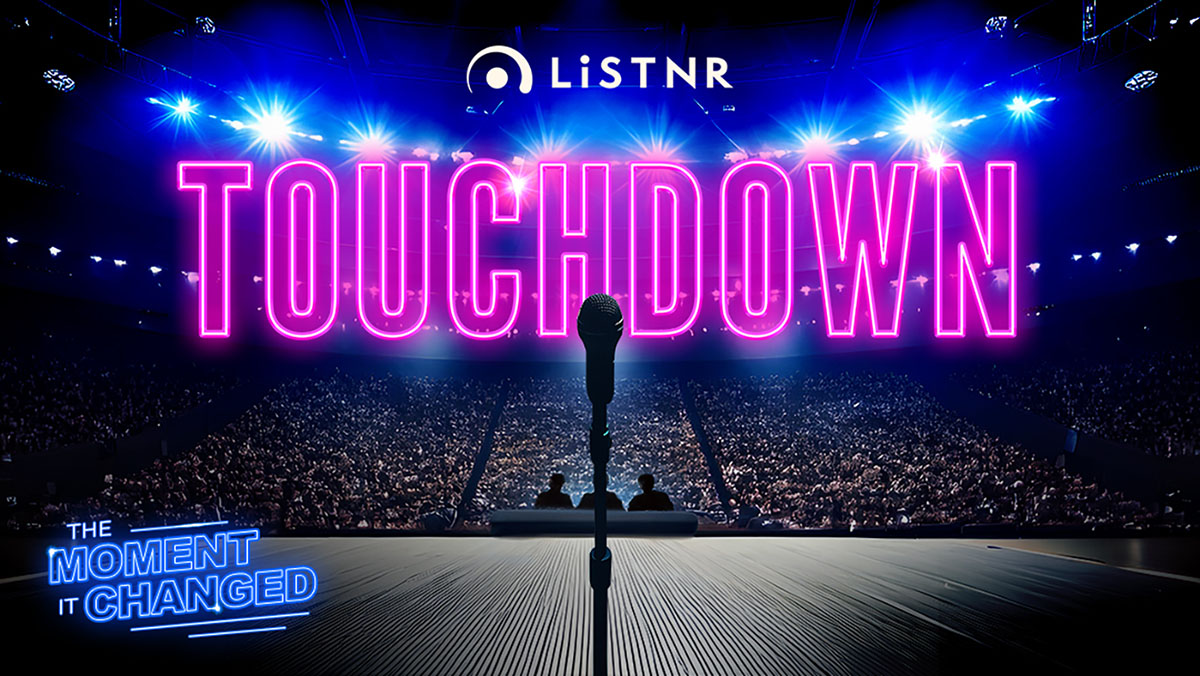How to Host an Intervention

When a loved one is in the throes of addiction, it can be difficult to know how to help. The best way is getting them into treatment. According to SAMHSA, 70% of people who receive treatment for substance use disorders report better quality of life and improved functioning within just one year. The first step in getting your loved one the help they need is usually an intervention. An intervention is a planned interaction in which you help someone recognize that they have an addiction and need to seek treatment for it. It is a structured approach, involving family, friends, and professionals. Oftentimes, an intervention helps an addicted person to realize the extent to which their addiction has negatively impacted not just their own life, but also the lives of their loved ones. In this guide, we’ll show you how you can host an intervention for someone suffering from addiction.
Your first order of business should be deciding who will attend the intervention. You should only invite people who are willing to be supportive. According to the National Library of Medicine, there is a proven positive correlation between social support and successful recovery. For this reason, avoid inviting anyone who may have a grudge against the addicted person. You do not want the person to feel attacked or for an argument to break out. This will do nothing to help them get into recovery. For the same reasons, you should avoid anyone who will act judgemental. The intervention should feel like a safe space for the addicted person.
After you have chosen the attendees, it is time to plan the actual intervention.

This usually involves three key steps. These are:
● Decide if this is a crisis intervention or not. A crisis intervention is for when the person is in immediate danger and time is of the essence. For a long term problem, a more traditional intervention is likely more appropriate.
● Think of the addicted person’s schedule and when they will be at their calmest. This will ensure that they are as receptive as possible. Check with attendees as well. You want to be sure to choose a time when everyone is able to attend.
● You must choose a safe and neutral location. This will help the addicted person feel safe and give them the ability to fully focus on the conversation.
If you keep these three things in mind while planning, the intervention will be far more likely to be a success.
Everyone who attends the intervention should give a statement. These statements must be prepared ahead of time. Failure to do so can lead to people not knowing what to say or going off topic. Statements should identify how the person’s addiction has negatively impacted the attendee.

They should also encourage them to seek help for their addiction. It is important to also mention that all of this is coming from a place of love. This will help the addicted person to not feel attacked.
Ideally, the addicted person will want to enter addiction rehab as soon as possible after the intervention. For this reason, it is important to have a treatment program in mind for them. Generally, there are two options to choose from. These are:
● In these programs, the patient lives at the treatment center. They are able to focus solely on their recovery. It is a rigorous, full-time program.
● In these programs, the patient attends treatment multiple times a week, a few hours at a time. These programs allow the patient to still attend to life responsibilities, such as work.
When choosing between the two, it is important to consider the severity of the addiction and your loved one’s life circumstances.
In many cases, it is helpful to hire a professional interventionist. They can help you with planning and coordinating a successful intervention. As a neutral party, they are also able to act as a moderator during the intervention. They can keep things on topic and avoid any arguments that may break out.












